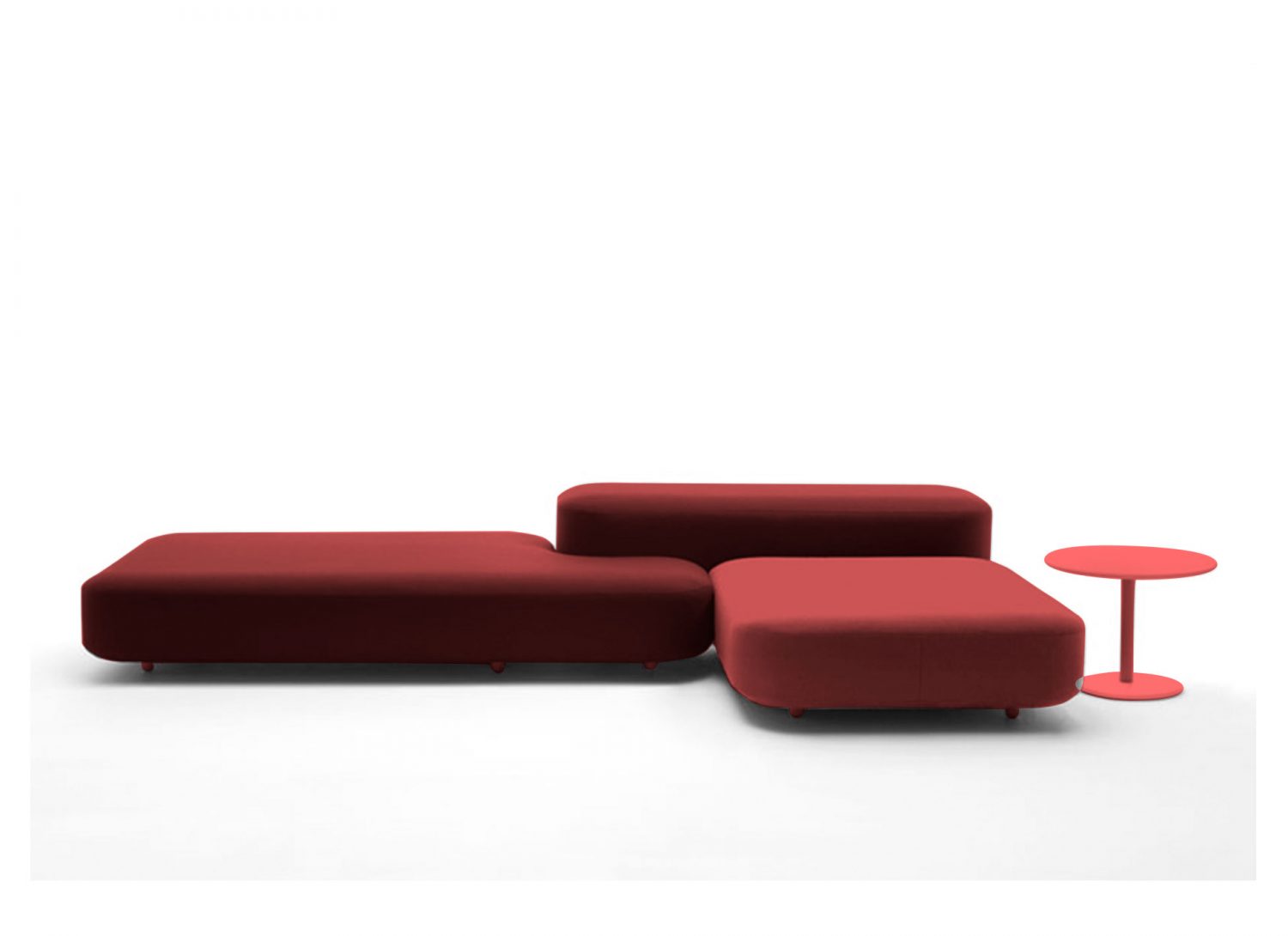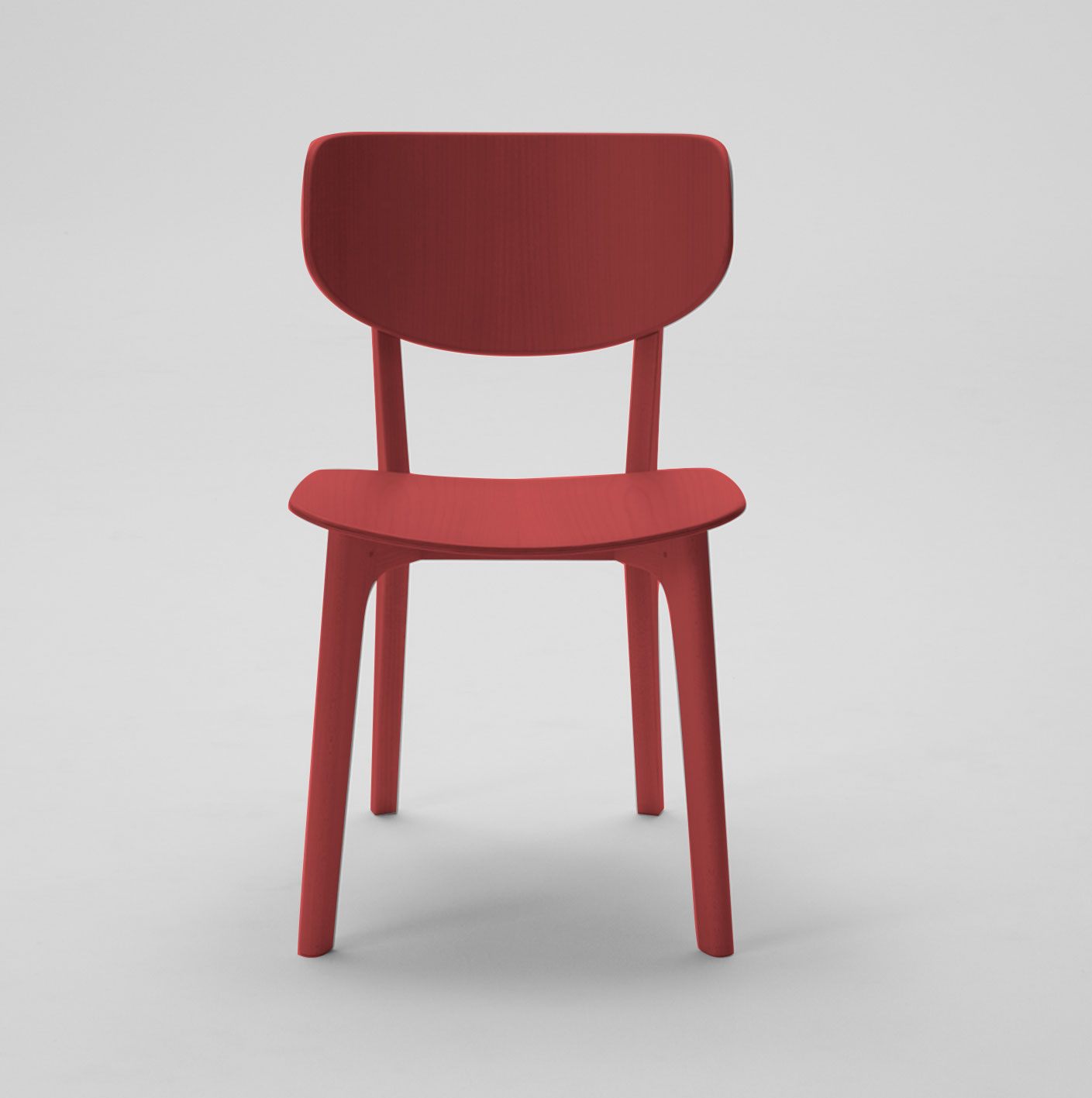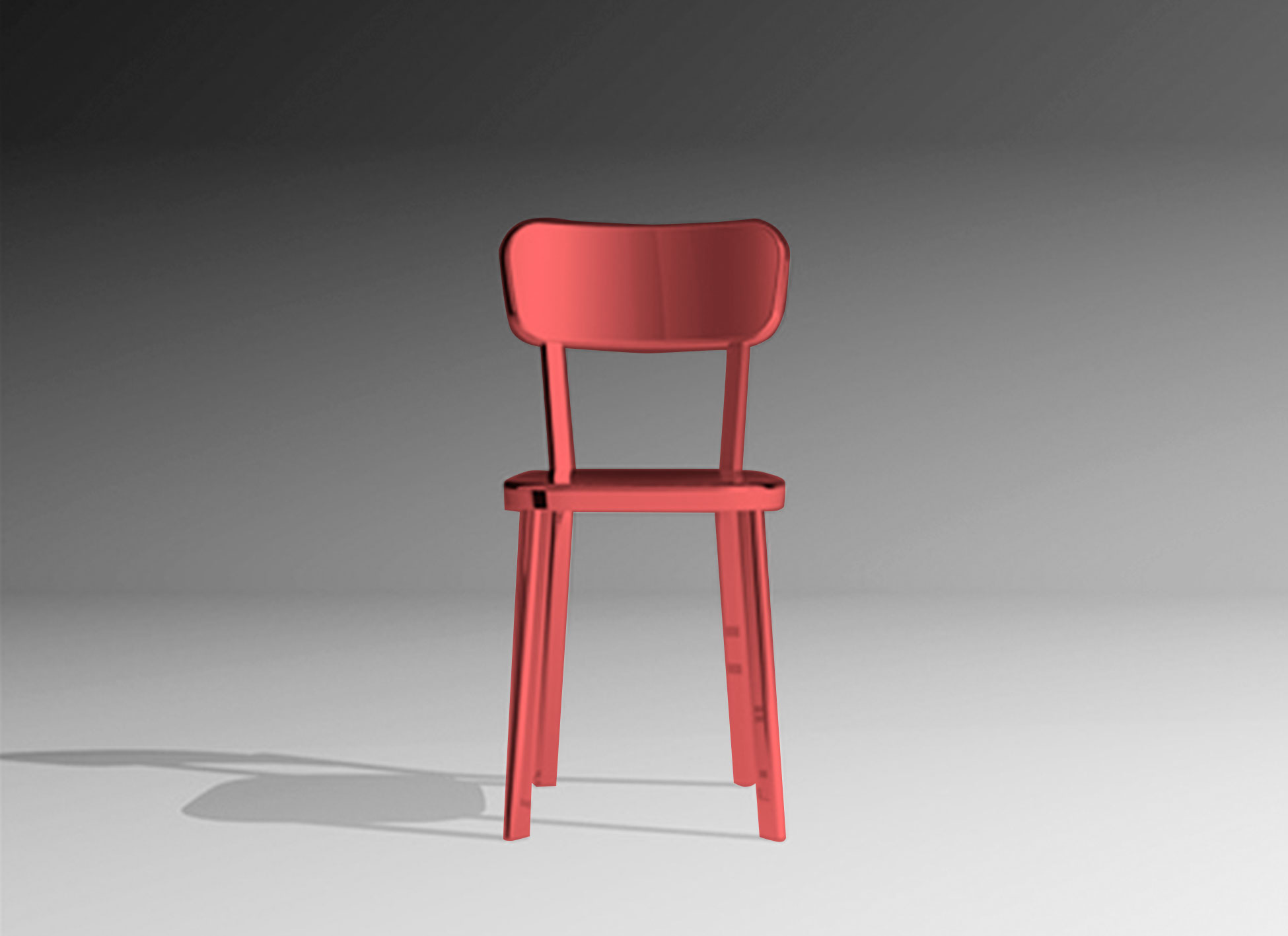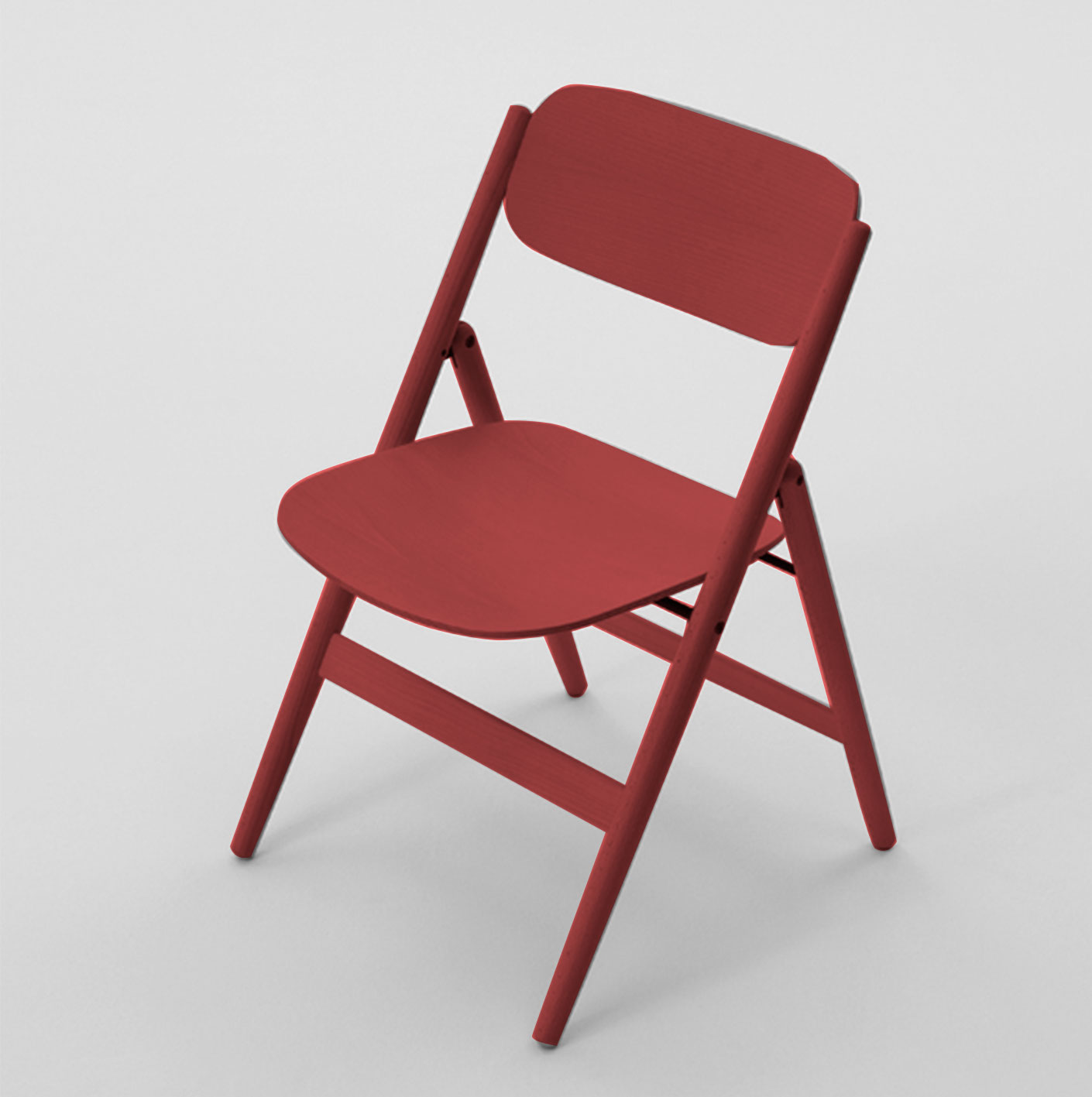INTERIOR
Without Thinking #Naoto Fukasawa
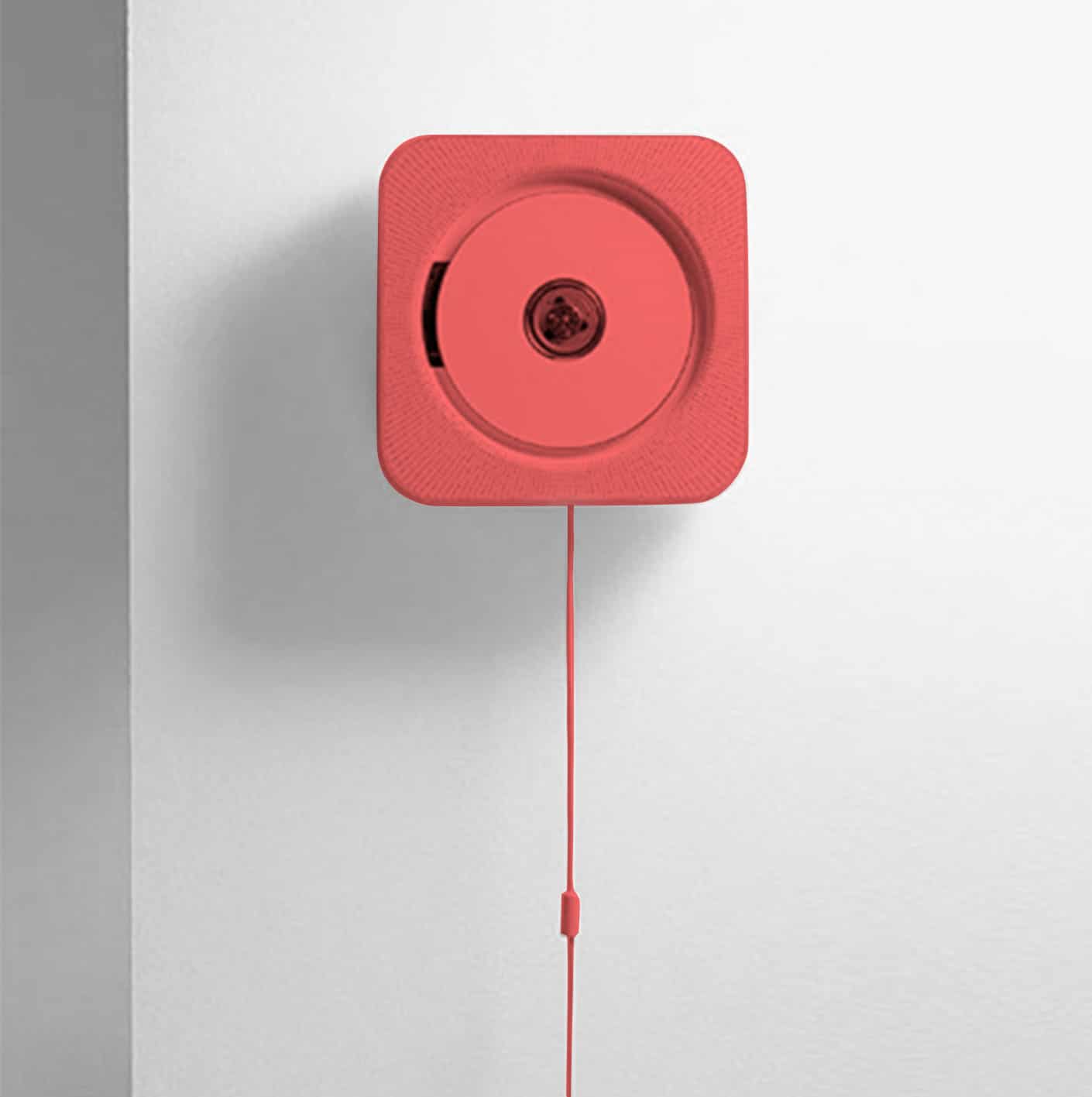
The work of the Japanese designer Naoto Fukasawa is generally associated with minimalistic electronical devices, because his career took off on this field and there he has designed his most renowned items, such as a wall-mounted CD player for Muji, which is included in the MoMa collection, or the Infobar mobile phone.
Being reluctant to fashion, Fukasawa’s design conception is rather connected to the way a product interacts with its user than to its looks. Fukasawa took part in the Super Normal exhibition together with his fellow designer Jasper Morrison and, in his talks and seminars, he uses the concept of “without thinking” to talk about objects that don’t stand out, but fluidly entwine with people’s actions and environment.
People think that design is something that appeals to their emotions, but in fact people are linked to things every day in their environments, unconsciously, without even being aware of it. This 'unthinking' state makes actions smooth.Naoto Fukasawa
In addition to electronic devices, Fukasawa has designed every kind of items sharing the same approach, such as watches, lamps, pens… Furniture plays an important role in his production, because he is also the art director of Maruni, a Japanese firm that manufactures wooden furniture. For this firm, Fukasawa has created such pieces as the Hiroshima Chair or the Roundish Armchair. He is also the author for the Déjà-vú series, a set of chairs and tables made out of extruded aluminium, for Magis or the Shelf Bookcase for B&B.
Fukasawa has also aimed closer to architecture with his wooden hut for Muji or Issey Miyake’s shop in Kyoto. The latter is a refurbishment of an ancient Japanese wooden house for a shop and gallery that combines traditional timber construction with dark neutral finish for the colourful Miyake’s clothing to stand out against.

